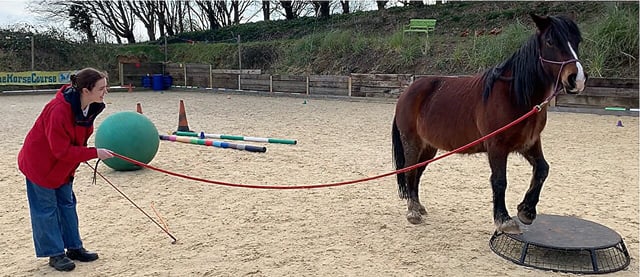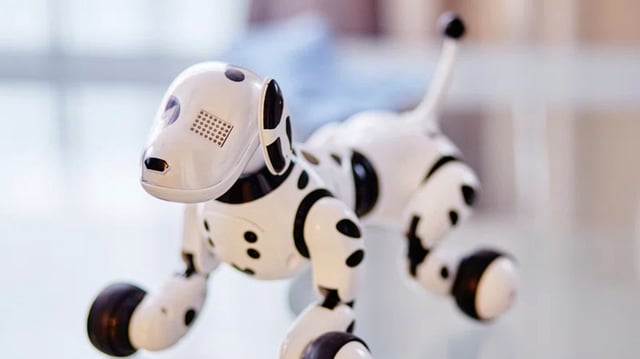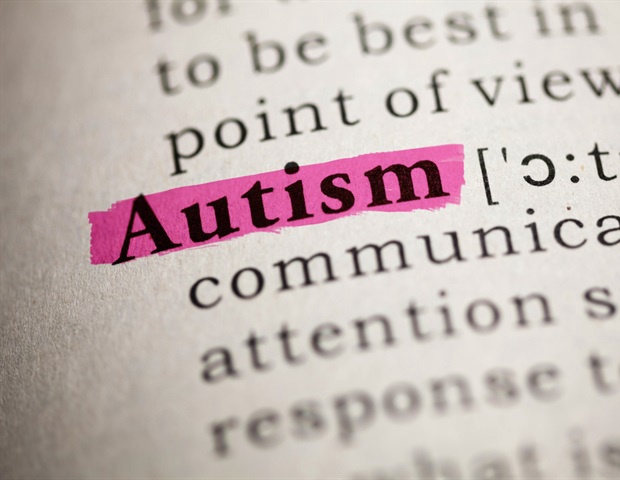Overview
- University of Bristol researchers presented their design principles at the 2025 CHI Conference in Yokohama, advocating for emotionally reciprocal robots.
- Equine-assisted interventions harness horses’ resistance to dysregulated emotional cues to help PTSD, trauma and autism patients develop self-regulation.
- The proposed robots would resist interaction until users demonstrate calmness and clear emotional signals, mirroring the ‘living mirror’ effect of therapy horses.
- Advancing this model depends on improvements in emotional sensing technologies, dynamic movement capabilities and adaptive machine learning.
- The proposal raises ethical debates over replacing living animals with machines and whether robots can replicate therapy horses’ empathetic bond.


